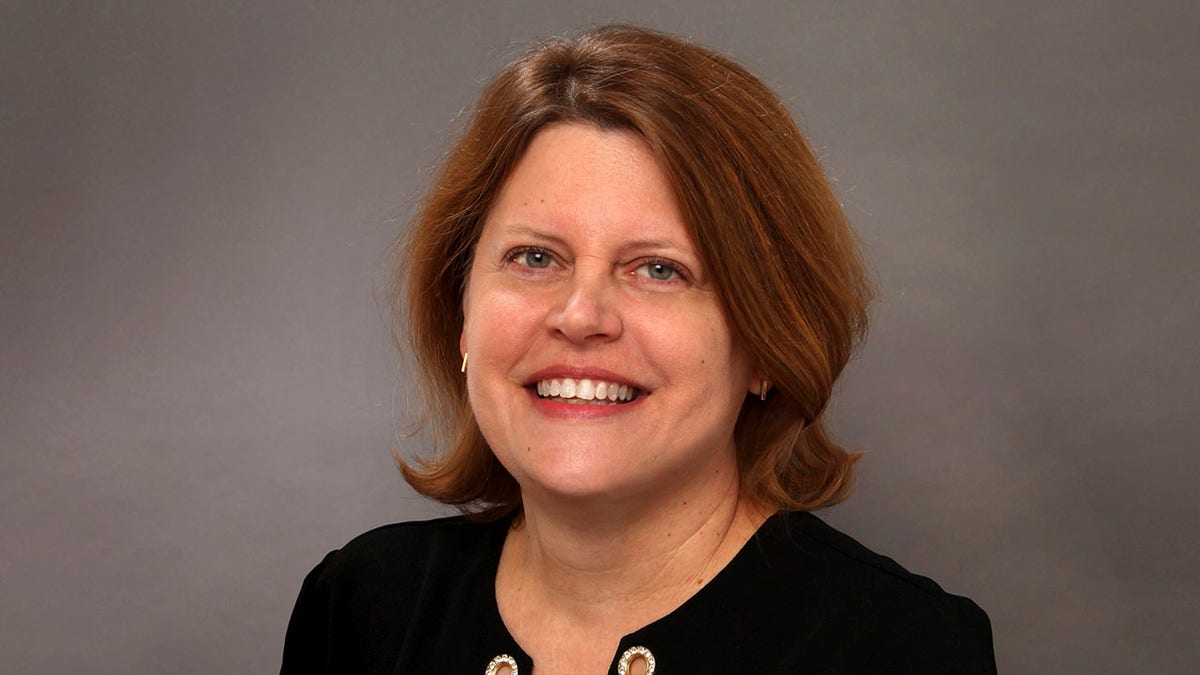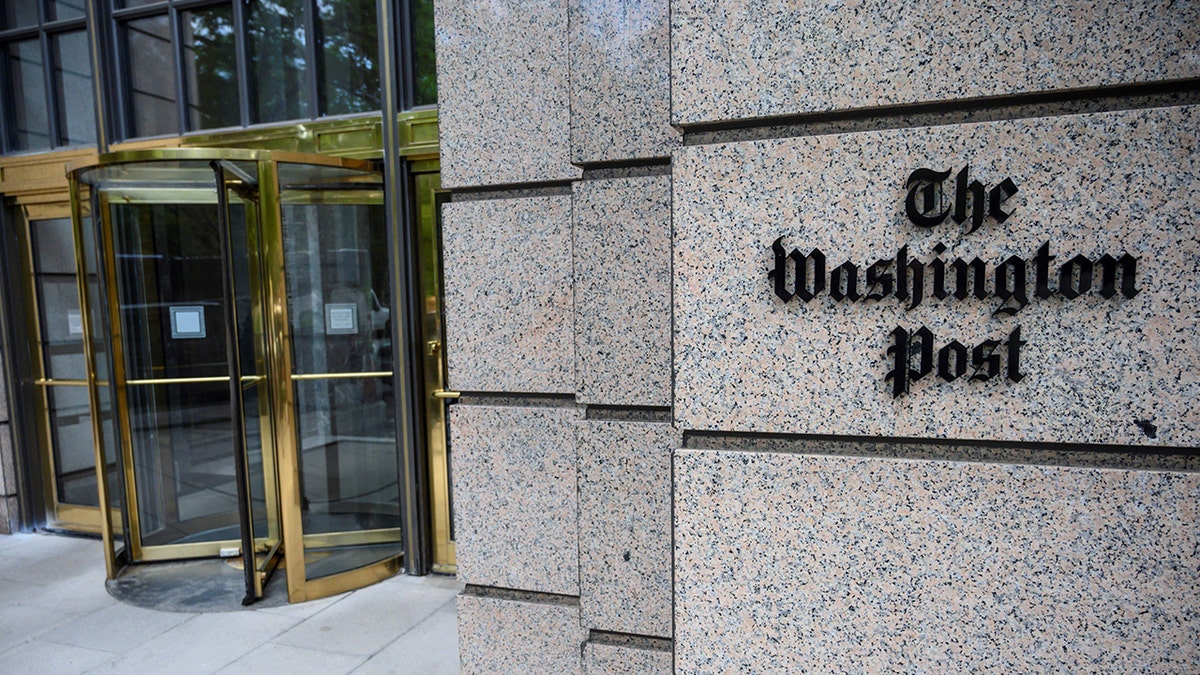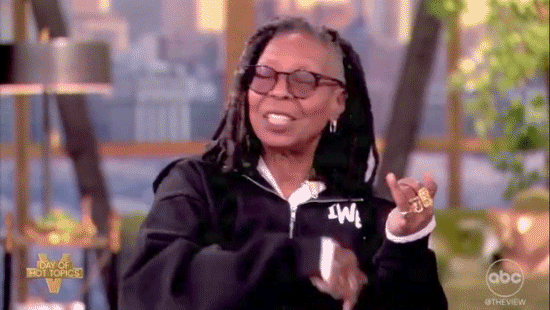Washington Post executive editor Sally Buzbee suggested that journalists should not come off as "snarky."
Buzbee, who took over the Washington Post newsroom in June, appeared on Thursday's installment of the New York Times' "Sway" podcast where host Kara Swisher read a quote Buzbee made at her previous job as executive editor of the Associated Press when she said, "We have made a decision we don’t want to turn people off by using so much emotion that they won’t look at the veracity of the factual information."
"Has news become too infused with emotion?" Swisher asked.
WASHINGTON POST BOSS DEFENDS ‘COMPLETELY ETHICAL’ REPORTERS AFTER STEELE DOSSIER CORRECTIONS
"I don’t know that it’s too infused with emotion because I do think that human emotion is a critically important part of journalism," Buzbee responded. "I want to make sure, though, that what we’re doing is fairly reflecting a lot of different perspectives in our journalism."
"I do think that we don’t want to — I don’t want to be snarky in our journalism," Buzbee said. "I don’t want people to think this is just a bunch of people who have this opinion or this viewpoint all talking to each other. I do want to make sure that our journalism is accessible to people. And by that, I don’t just mean told in a certain way. I mean that people feel that the facts are front and center in what we present to them."

The Washington Post executive editor Sally Buzbee defended the reporters who penned two now-corrected and vigorously altered articles. (AP Photo/Chuck Zoeller) (AP)
On the subject of social media's impact on journalists, Buzbee said it's "obviously normal" for reporters to bring their "whole selves" on the internet but stressed "we have to balance that" with concerns over the Post as an institution being perceived as "biased in certain ways."
"My goal is to work very collaboratively with this newsroom to figure out where is that balance, to think, how do we best approach this? What are our best practices?" Buzbee said.
WASHINGTON POST CORRECTS, REMOVES REPORTING THAT RELIED ON DISCREDITED ANTI-TRUMP STEELE DOSSIER
"From your perspective… how do you look at it?" Swisher asked. "Because at some point, you’re going to run into this."
"I mean, I kind of just told you what my perspective was, but I think it’s a balance, okay?" Buzbee responded. "And I think what we are trying to do is ensure that we’re not giving people signals that we’re biased against — that we don’t have political opinions, that we’re not coming down and that they can’t trust our journalism because of x, y, or z. That’s the balance that I would try to find."

Washington Post media critic Erik Wemple on Tuesday raised the question of whether or not the Justice Department overreached by raiding Project Veritas founder James O'Keefe's residence. (ERIC BARADAT/AFP via Getty Images) (ERIC BARADAT/AFP via Getty Images)
When asked if she thought reporters on social media were a "net positive," Buzbee expressed, "I don’t think we can hide behind walls and pretend that we’re not people."
"I think modern audiences want to understand how journalism is done. They want to know who’s doing the journalism. And they want, in some cases, a personal connection with journalists. And we all understand that. And some of that is that the news organization has to be transparent about how it’s doing work," Buzbee said. "But some of it is clearly, people want to know who’s doing this journalism, who’s the person, just as exactly as you’re expressing. So I don’t even know whether I think it’s good or bad. I think it is the reality of our world. And I mean, we sort of have to embrace it."
CLICK HERE TO GET THE FOX NEWS APP
Regarding the Post's current social media policy guidelines, Buzbee suggested it's an ongoing conversation with the newsroom, telling Swisher, "I don’t want a young journalist or a mid-career journalist or any journalist, really, to be guessing. I want them to have, like, talk to your colleagues and figure out what’s the right balance for you. I think that’s the healthiest and most productive way for us to work."









































